Climate change has, without doubt, affected industries far and wide. Fashion is no exception. While luxury fashion and handbags don’t face a lot of the same issues as “fast” fashion—e.g. Primark, Zara, H&M—brands (and consumers) are quickly realizing that they have to address the hot topic of the moment: sustainability.
Sustainability encompasses anything from responding to the climate crisis to the ethical sourcing of materials. And young consumers are leading the pack: as millennials become more conscious and skeptical of the “cost” of what they buy beyond the price tag, they’re driving the industry to follow suit. Even leaders in the industry have condemned current practices: in 2017, Stella McCartney proclaimed that her industry is “incredibly wasteful and harmful to the environment” as she called for mass change in clothing and accessories production.
Now, big changes are on the horizon for our most beloved brands (Gucci, Chanel, etc.)—let’s take a look at what’s in store.
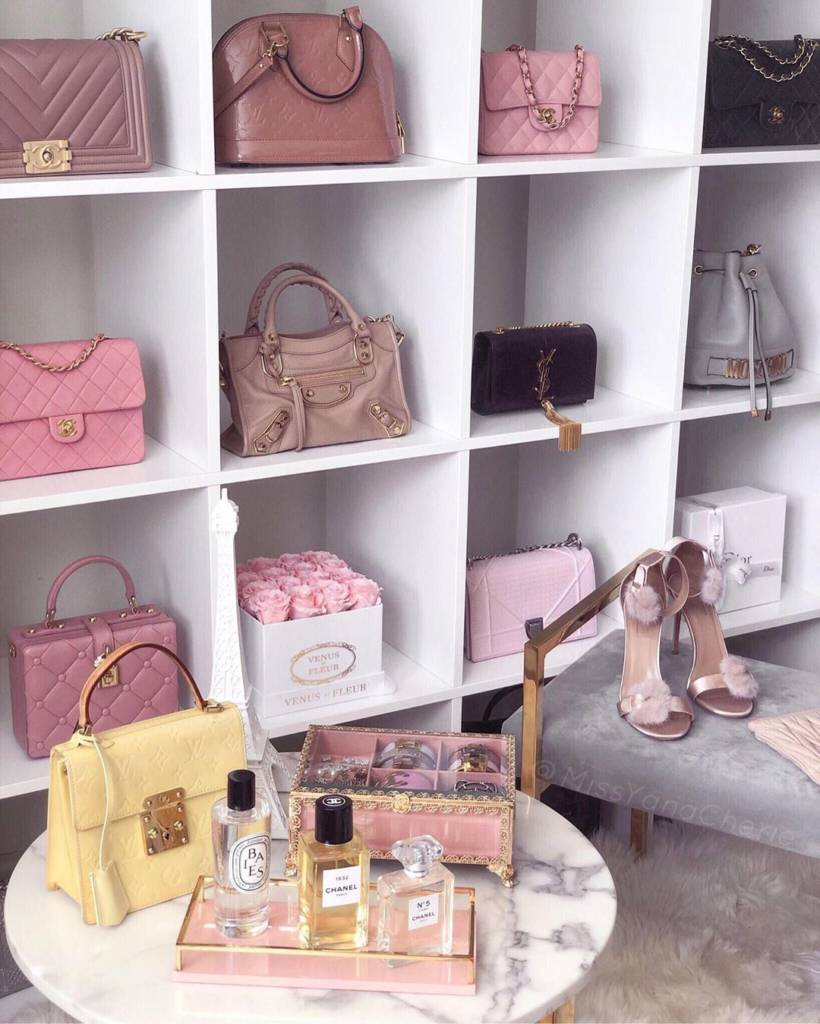
@missyanacherie
The Problem & Backlash Against the Industry
Who says this is a big issue? Well, scientists and consumers. As The Guardian reports, if the fashion industry remains unchecked it could be responsible for a quarter of the world’s carbon budget by 2050. Consumers don’t want to be complicit: they’re moving away from fast fashion and buying clothes and accessories on the secondary market, searching anywhere from thrift shops to luxury resale sites such as TheRealReal.
Now, you might think that this is a fast fashion problem—one that only pertains to brands that churn out clothing like candy, not those that produce small batches of highly curated items that take countless hours to design and craft. But it also affects brands higher up the ladder. There have even been protests during fashion weeks. Luxury brands have been faced with the task of addressing these issues.
“A luxury brand has to represent the best in society in order to be relevant tomorrow,” said Andrea D’avack, President of Chanel Foundation and Global Head of Corporate Responsibility, according to Entrepreneur.
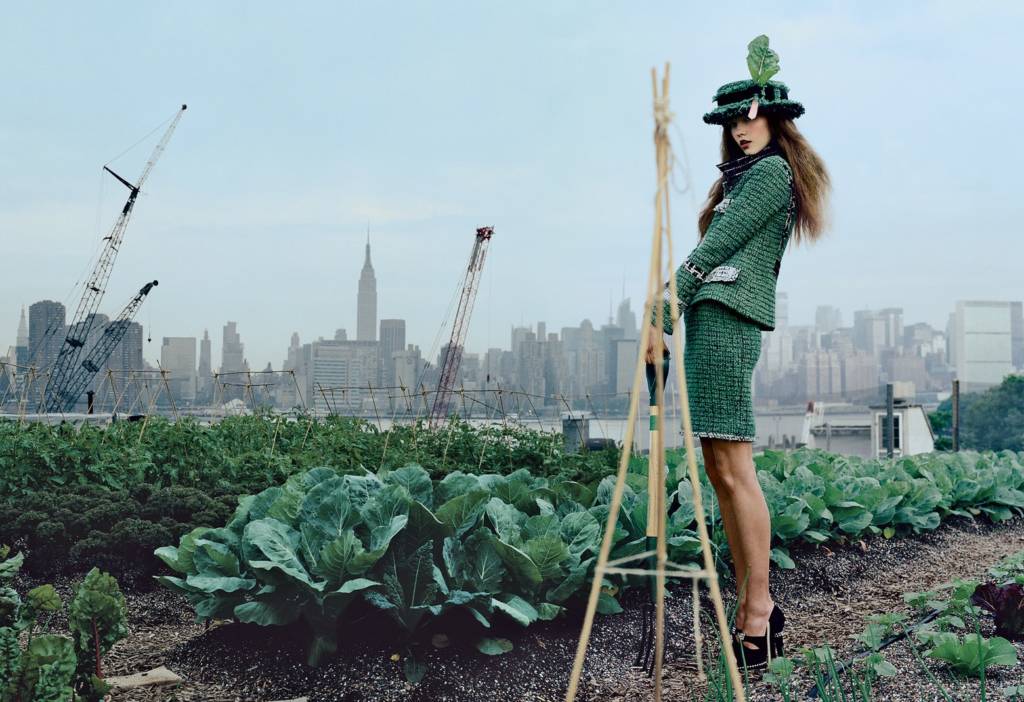
Photo courtesy: Tim Walker/Vogue
The G7 Summit & The Fashion Pact
A significant commitment to addressing the issue came at the Group of 7 (G7) summit in Biarritz, France at the end of August. Fashion companies convened at the summit to discover ways to combat the crisis. While there, 32 fashion companies decided to sign the Fashion Pact, which GQ describes as “a non-legally binding agreement to combat greenhouse gasses and emphasize sustainability in the industry.” The companies ranged from the H&M Group to Chanel and Prada. LVMH was notably absent.
“This Fashion Pact is about saying: We have acknowledged the 21st century’s environmental issues, and we are taking our responsibility through collective action and common objectives,” said Kering Chief Executive François-Henri Pinault to the New York Times. (As a reminder, brands currently under the Kering umbrella include Gucci, Saint Laurent, Bottega Veneta and Balenciaga, among other heavy hitters.)
You’ll notice that the language is promising but also vague—the concrete actions that these companies will take remain somewhat unclear.
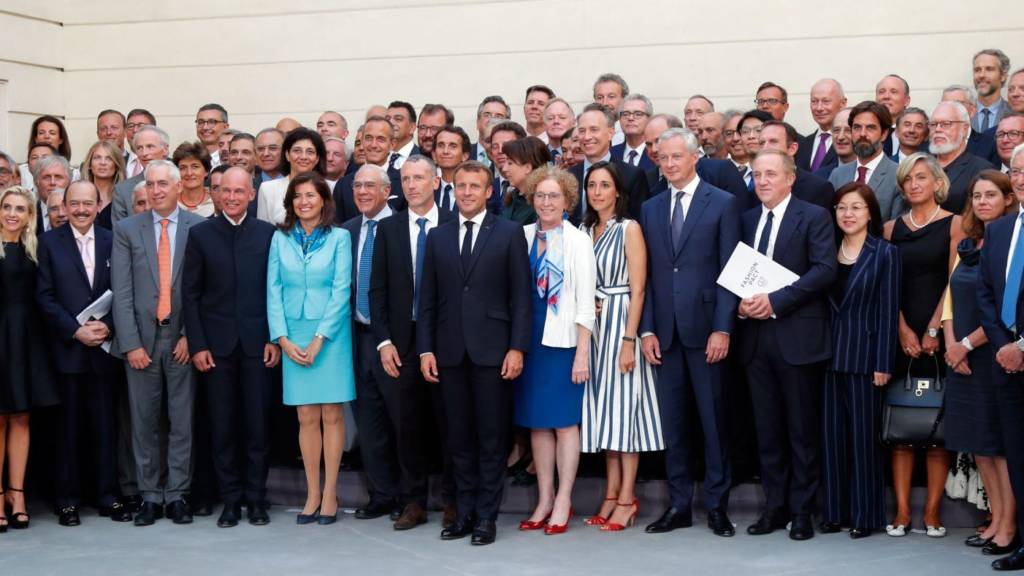
G7-Summit civil society representatives with President Macron of France. Kering CEO Pinault holds the Fashion Pact (right). Photo courtesy: Charles Platiau/AFP/Getty Images
What's Next?
There’s admittedly been a bit of pushback against the Pact, since it’s less concrete than some would have wanted. Its critics argue that it doesn’t go far enough. But its power is undeniable.
Just think: a few years ago, sustainability wasn’t even really on the luxury fashion radar! Now some of the biggest names in the game are showing a real, public commitment to the cause. It’s ultimately a statement of intent and mass collaboration to tackle one of the most pressing issues of our time.
We’ll have to wait to see what, exactly, will come. A change in the supply chain? In factories? In materials? A shift toward Stella McCartney-esque vegan leather? Luxury brands have an incentive to work harder to a common goal, so we’re anticipating—anxiously, curiously—how they’ll manage to do so.
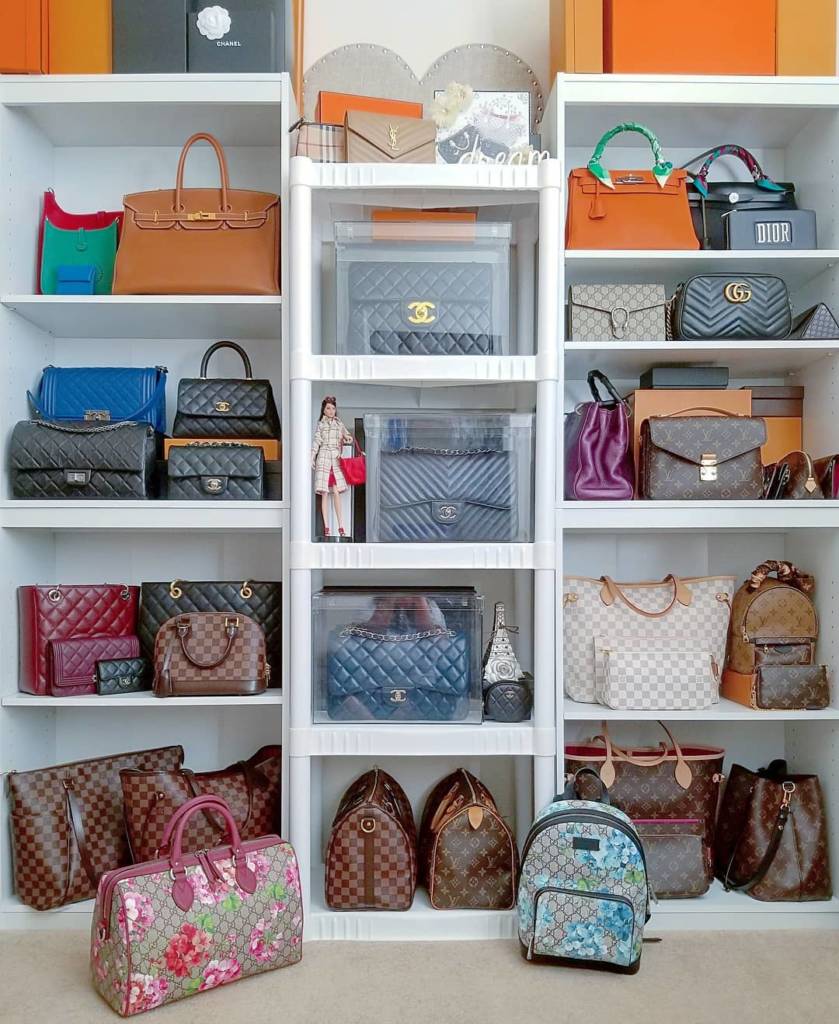
@bagaholicmom
Do you have any ideas about where this conversation surrounding luxury and sustainability might go? What’s your take on the future of the luxury industry in light of this dilemma? We’re so curious to hear your views as fashionistas—tell us your thoughts below!
Read related articles:
Luxury in the Age of Millennials
Is the Power of Social Media Advertising Overstated for Luxury Fashion?
Are Celebrity Brands Changing the Meaning of Luxury?
London Fashion Week Goes Fur-Free
Love, PurseBop
XO
Updated: September 11th, 2019



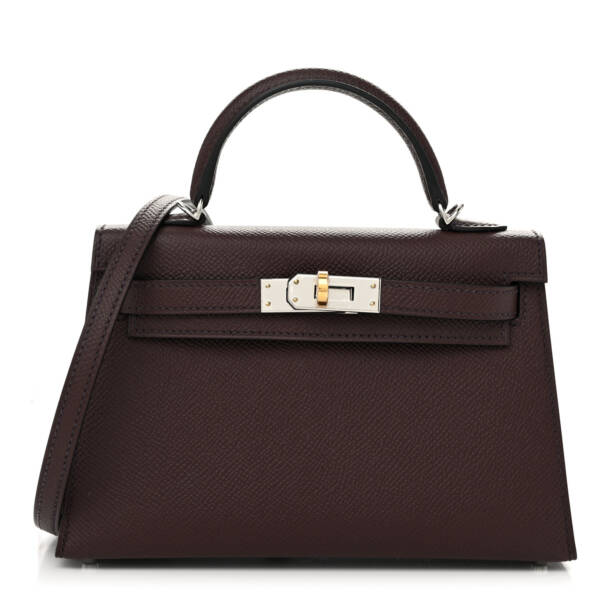
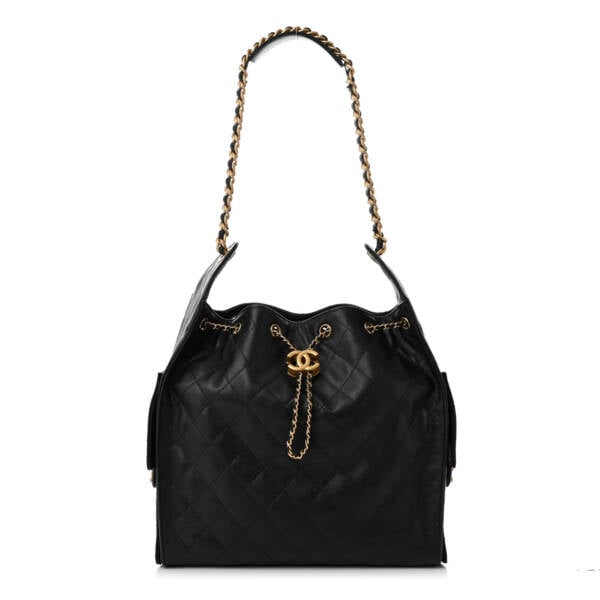
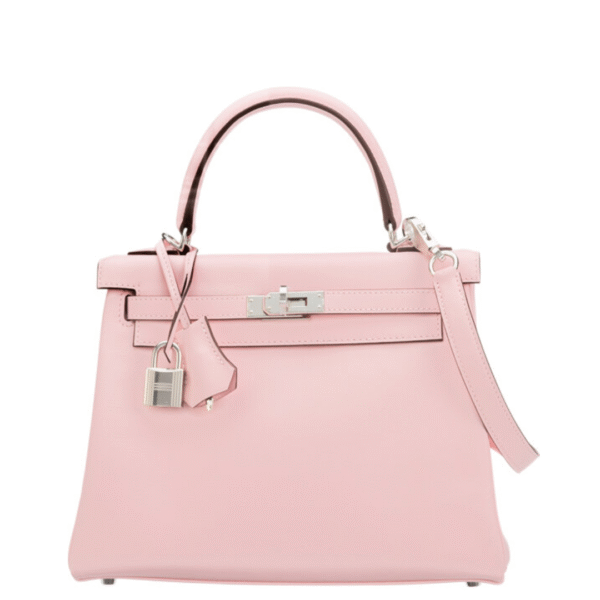
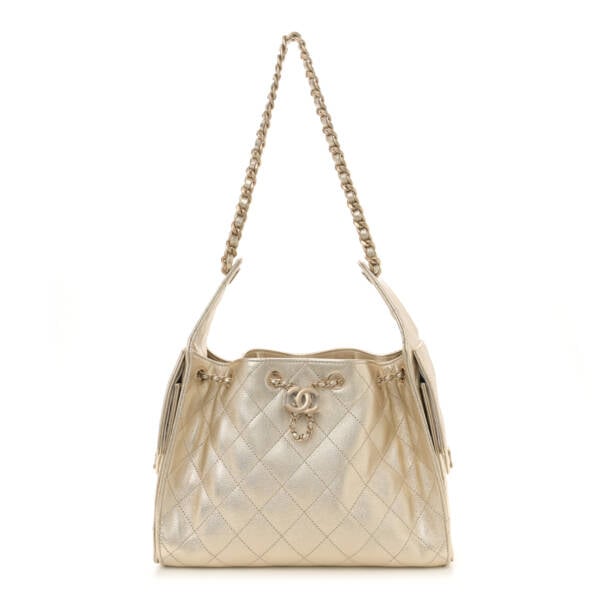
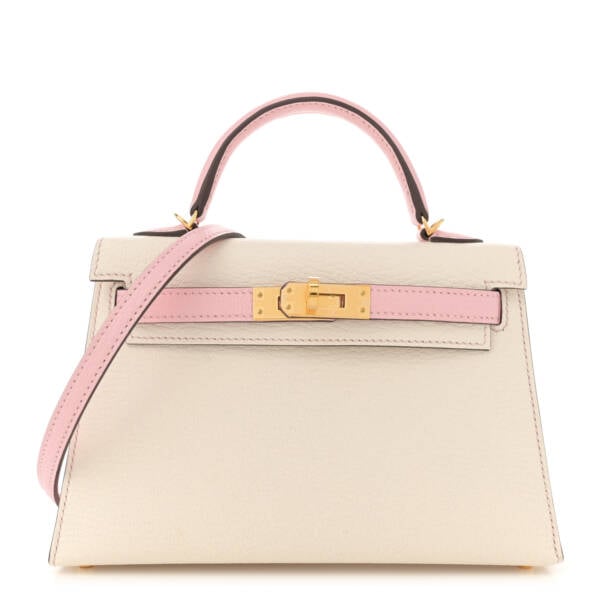
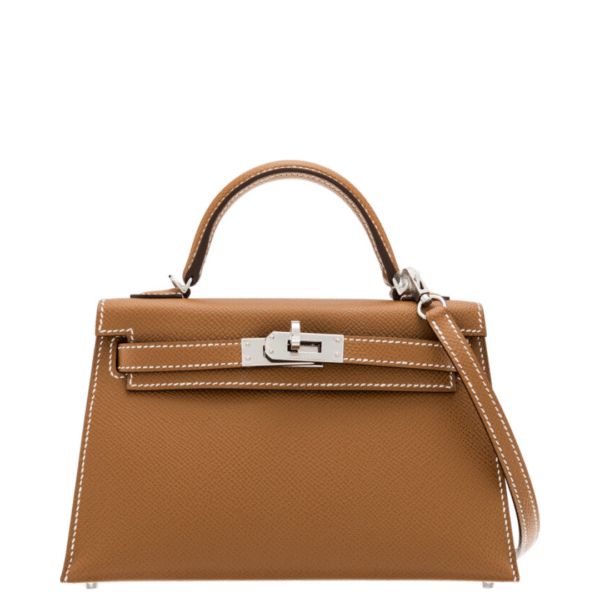
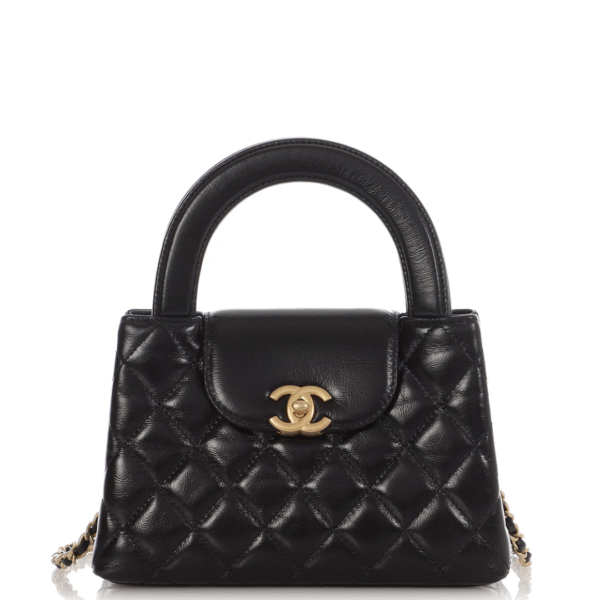
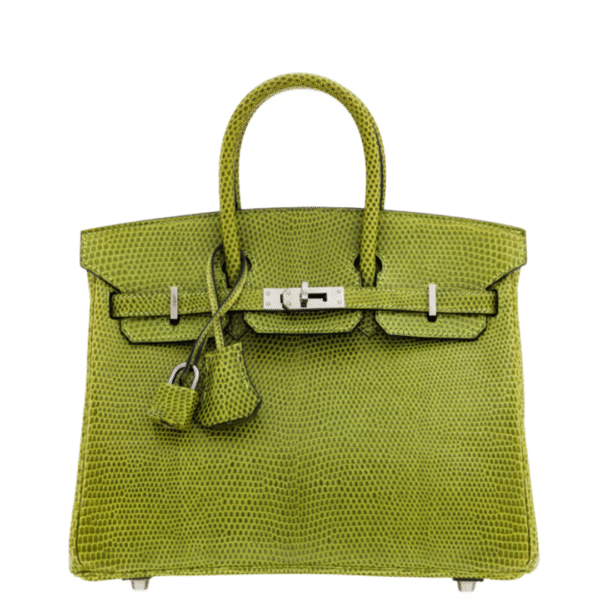
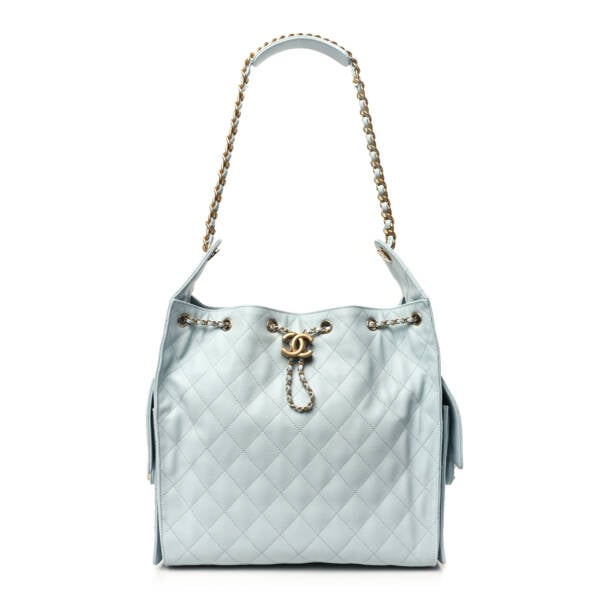
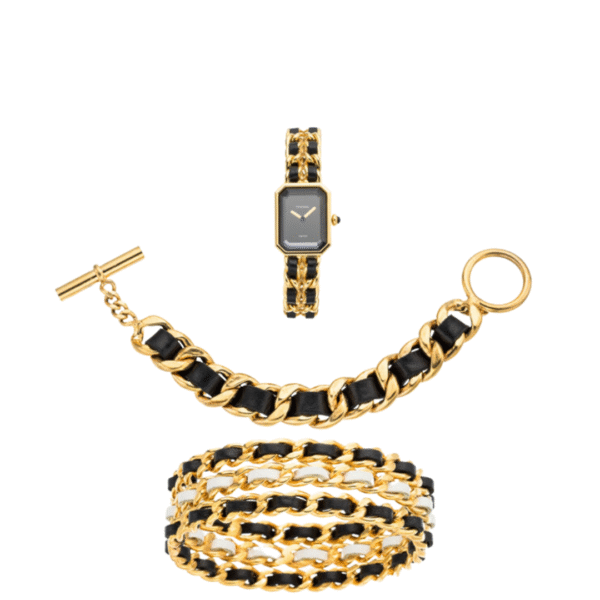
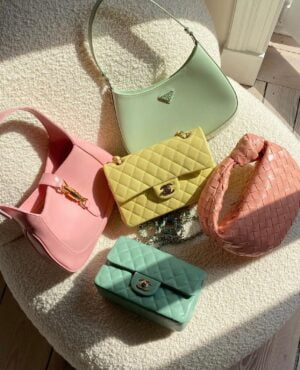


Comments